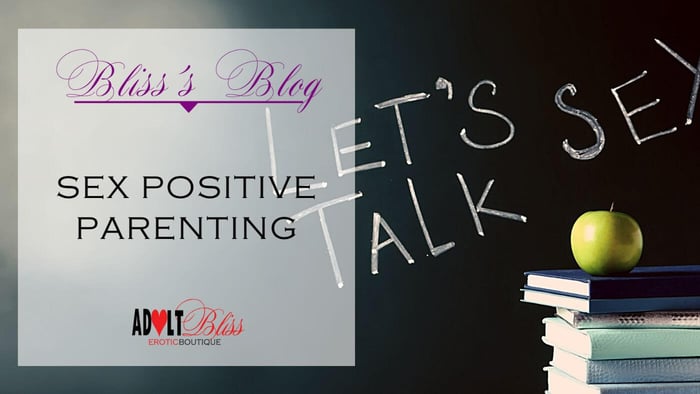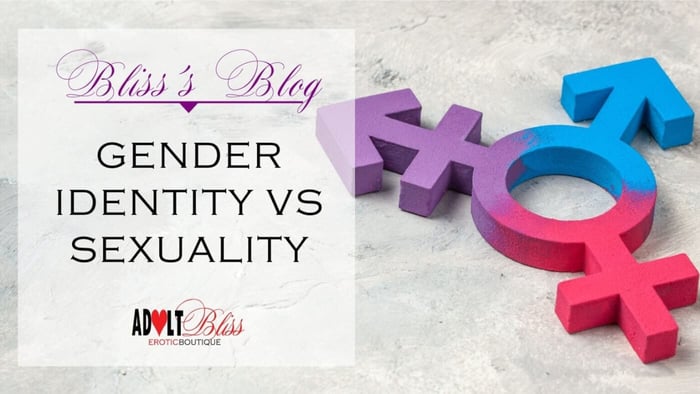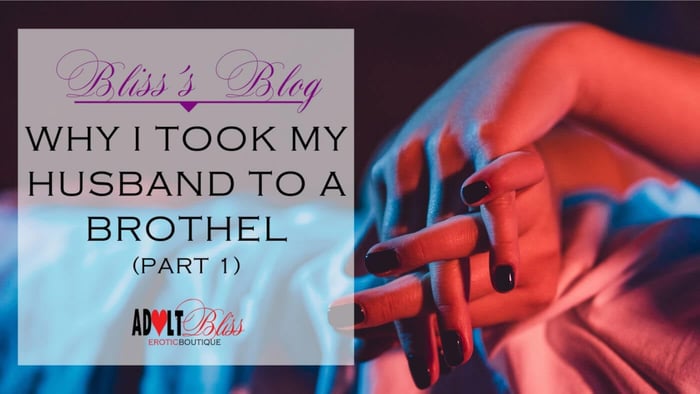
How to Have Sex-Positive Conversations with Your Teens
Sex Positive Conversations With Teens
When you put sex and children in the same sentence everyone freaks out, but sex-positive conversations with children and teens are not only constructive but necessary for your kids to grow into independent adults with a healthy and informed sex life and strong future relationships.
The sex-positive parent website says
This support is a lifelong process where the conversations start early with age-appropriate explanations.
There are lots of ways to have positive and age appropriate conversations with children and teens, here are some conversations that might arise and strategies around talking to children about sex, sexual health, gender and sexuality, appropriate (safe) and inappropriate (unsafe) behaviours.
If a child is able to ask a question they are able to have the answer, yes the wording and explanation might be different based on their age but there is no need to shy away from introducing these topics openly to your children. One good way to start is using correct language for body parts when it comes to conversations with our kids, not all of us are so comfortable using the real names of genitals, let alone speaking about them at all.

Body safety experts say this needs to change.
“A survey of my parent mates shows we’re still using nicknames like fanny, va-jay-jay, front bum, pee pee, doodle, todger and willy.”
Sexuality educator Vanessa Hamilton says euphemisms are associated with old-fashioned embarrassment passed between generations.”
“Ms Hamilton says a good place to start talking about body parts with under-fives is in the bath. “Talk about and point out eyes, ears, nose, elbows, shoulders, vulva, vagina, penis, scrotum, all in the same neutral tone.” This normalises talking about all of our body right from the start.”
“It’s just a body part. The sexualised nature of it — giggling, shame and fear — that’s the adult stuff. We don’t want to put that onto children.”
“Holly-ann Martin is the director of child abuse prevention education program Safe4Kids and says using anatomical names can help protect children.
She says studies show that predators are less likely to target children who use correct names because it’s a signal those children have been empowered and educated in body safety.
Ms Martin also says speaking about body parts and privacy is the foundation for introducing your child to consent.”
There is a lot in this article that is helpful, so have a read; I found it very useful.

There are two reasons children start asking questions about sex-related topics:
One they want and need an honest answer or two they have been in a situation they’re not comfortable with or have little understanding with and want to talk to you about it. Either way, it is important to be open, receptive, non-judgemental and honest with them. How you handle every serious conversation will stick with your child, so if you want them to be open and honest with you next time, you need to be constantly the same with them.
So how can you judge what is age appropriate for them to know? It is highly likely that anything your child wants to talk about has been discussed before, so use resources to be informed before the questions start. Read a few books, read internet articles from reputable sources, ask friends with kids what they would say in different situations.
With technology the way it is today children can access vast amounts of information a lot easier than their parents could have at their age, some of this information is good for them to know, others aren’t age-appropriate, that’s one reason parental controls on computers are important but also that your child feels comfortable to discuss anything they come across with you.
Not only do kids and teens have access to the internet they have access to peers their age, friends, and older siblings. What one person learns they will pass around the schoolyard to their friends, if one gets given information or gains access behind caregivers backs to pornography online they will tell all that will hear them.
This can be a natural progression or can expose your child a bit early to something they aren’t ready for. Either way it comes back to open and honest communication with their caregivers.

What about health and sex education in schools?
While some schools educate their students quite well, they are honest and teach them about STD’s, pregnancy, contraception, babies and how to care for babies. All of this is very important, knowledge is power.
Some other schools limit this education and instead teach abstinence which unfortunately leads to uneducated adults, teen pregnancies and higher STD transitions.
All genders are growing up not knowing enough about their own bodies let alone their sexual partners. This lack of knowledge leads to embarrassment over our normal urges and body functions, this leads to people not visiting doctors when they should and making mistakes because of this lack of information.
Another thing I find lacking from high school sex education is a sex-positive approach, we are told this is a penis, this is a vagina, male and female, heterosexual and homosexual and what an STD is.
What about gender fluidity? What about understanding feelings around sexuality, accepting it and being yourself and how to approach coming out to family members? What about understanding and accepting other peoples sexuality? What about your own pleasure? What about red flags in relationships to identify if your partner is becoming controlling and abusive? How about how to get out of those situations and fast? What about basic consent?
For me, I remember years in high school feeling attracted to men and women, not being able to discuss this with anybody and not being given any information about it in sex ed classes. I had two lives, one where I was talking to boys at school and one where I met girls from other schools. I was very conflicted and felt like I had to fit one mould or never be accepted. I’m sure I’m not alone in this.

Red flags are something very important to learn as early into sexual development as possible.
We need to know if our partner telling us who we can and can’t be friends with is normal, is them telling us we can’t see family often a red flag? If my partner puts me down a lot is that normal? What is gas-lighting, ghosting, manipulating behaviour?
What about when they get drunk and punch a wall? It’s fine cos they said sorry and they wouldn’t do it again…. right? No, No, No!!
Why was none of this discussed early? Nobody is taught basic rules that apply across all genders and sexual orientations regarding relationships and abuse.
We all know it can happen but many don’t leave or have the right supports to be able to leave early on. So please show your children what a strong relationship is within your own home, have discussions with them at appropriate ages about warning signs and that they can always come to you for help. The earlier they learn this the earlier they can form strong relationships with the understanding of what is a negative relationship.
When all is said and done we are the information keepers for future generations.
and it is our responsibility to pass this information forward and correctly. We have the ability to produce stronger, more confident, sex-positive children and teens who won’t have to struggle and question as much as the generations before them. If every generation gets a little bit better at all of this, it will really make a difference in peoples self-identity, self-confidence and relationships.
Some Resources & Further Readings:
ShineSA is an amazing sexual health resource for people of all ages and specifically focusing on education and awareness for people under 35!
Talk Revolution is another amazing resource for parents and caregivers alike!
1800Respect is a domestic violence support service.
The articles that were referenced in this post:
Airial Clark, MA Parenting and Sexual Health Expert, What is Sex-Positive Parenting? – The Sex-Positive Parent. [online] Available at: http://thesexpositiveparent.com/about/what-is-sex-positive-parenting/ [Accessed 23 Oct. 2020].
www.abc.net.au. (2020). One simple thing we can do to make our kids safer – ABC Everyday. [online] Available at: https://www.abc.net.au/everyday/teaching-kids-the-proper-names-for-their-body-parts/11708774 [Accessed 26 Mar. 2021].








